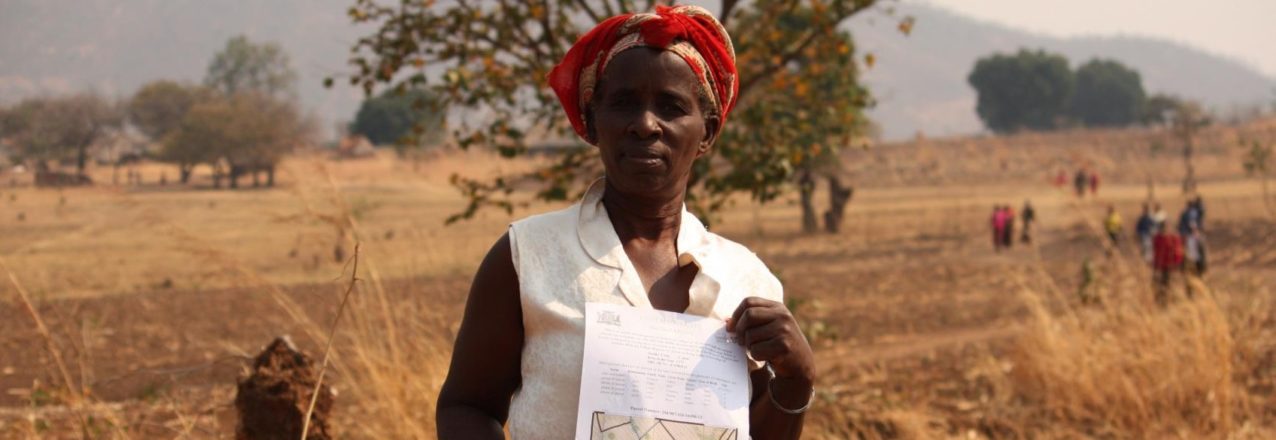INTEGRATED LAND AND RESOURCE GOVERNANCE TASK ORDER UNDER THE STRENGTHENING TENURE AND RESOURCE RIGHTS II (STARR II) IDIQ
OVERVIEW OF THE INTEGRATED LAND RESOURCE GOVERNANCE (ILRG) ACTIVITY
PURPOSE
The primary objective of the Integrated Land and Resource Governance (ILRG) task order under the Strengthening Tenure and Resource Rights II (STARR II) Indefinite Quantity/Indefinite Delivery (IDIQ) contract is to assist the Land and Urban Office in the Bureau for Economic Growth, Education, and Environment (E3/LU) to design and implement activities that improve land and resource governance, strengthen property rights, and build resilient livelihoods as the foundation for strong economic growth, stability, and resilience. Strong land and resource governance is important within the broader context of reaching myriad United States Agency for International Development (USAID) goals. In particular, successful implementation of this task order will enable USAID to contribute to the following four broad objectives that assist in ending extreme poverty:
- Increase inclusive economic growth, resilience, and food security;
- Provide a critical foundation for sustainable natural resource management and biodiversity conservation;
- Promote good governance, conflict mitigation, and disaster mitigation and relief; and
- Empower women and other vulnerable populations.
The task order is currently designed to implement ILRG activities in Mexico, Mozambique, and Zambia under the term portion of the contract, with other activities expected to be added via completion tasks. As of October 2018, engagement in Mexico is uncertain, and a completion task has been identified and funds obligated for work in Ghana.
RESULTS FRAMEWORK
To achieve the task order’s objective and associated results, Tetra Tech will work collaboratively with E3/LU and USAID missions and operating units to engage host country governments, civil society, academia, communities, and businesses through four interrelated components. ILRG will work with grantees to address relevant components under each task:
Component 1: Support the development of inclusive land and property rights laws and policies;
- Component 2: Assist law and policy implementation, including clarifying, documenting, registering, and administering rights to land and resources;
- Component 3: Support the capacity of local institutions to administer and secure equitable land and resource governance; and
- Component 4: Facilitate responsible land-based investment that creates optimized outcomes for communities, investors, and the public.
Importantly, the team will achieve these results via methodologies and approaches that similarly support positive results related to preventing and mitigating conflict, countering violent extremism, achieving women’s economic empowerment, promoting inclusive economic growth, increasing agricultural productivity and food security, encouraging biodiversity conservation and sustainable natural resources management, and becoming more resilient to extreme weather events.
The results framework in Figure 1 shows how ILRG proposed to use a unique package of interventions in each country to contribute to the specific country’s Development Objectives (DOs) in addition to the overall project goal of improved land and resources governance, strengthened property rights, and resilient livelihoods built for strong economic growth, stability, and resilience. In practice, the relationships between ILRG engagement and each country’s DOs are negotiated with the country at the time of award and/or agreement by the USAID mission during planning stages. The ILRG goal also contributes to the U.S. Government’s Global Hunger and Food Security Initiative; Democracy, Human Rights, and Governance Strategy; Biodiversity Policy; Climate Change and Development Strategy; Gender Equality and Female Empowerment Policy; Urban Policy; Water and Development Strategy; Local Systems Policy; and Conflict Strategy Results Frameworks provided in greater detail for each country.


